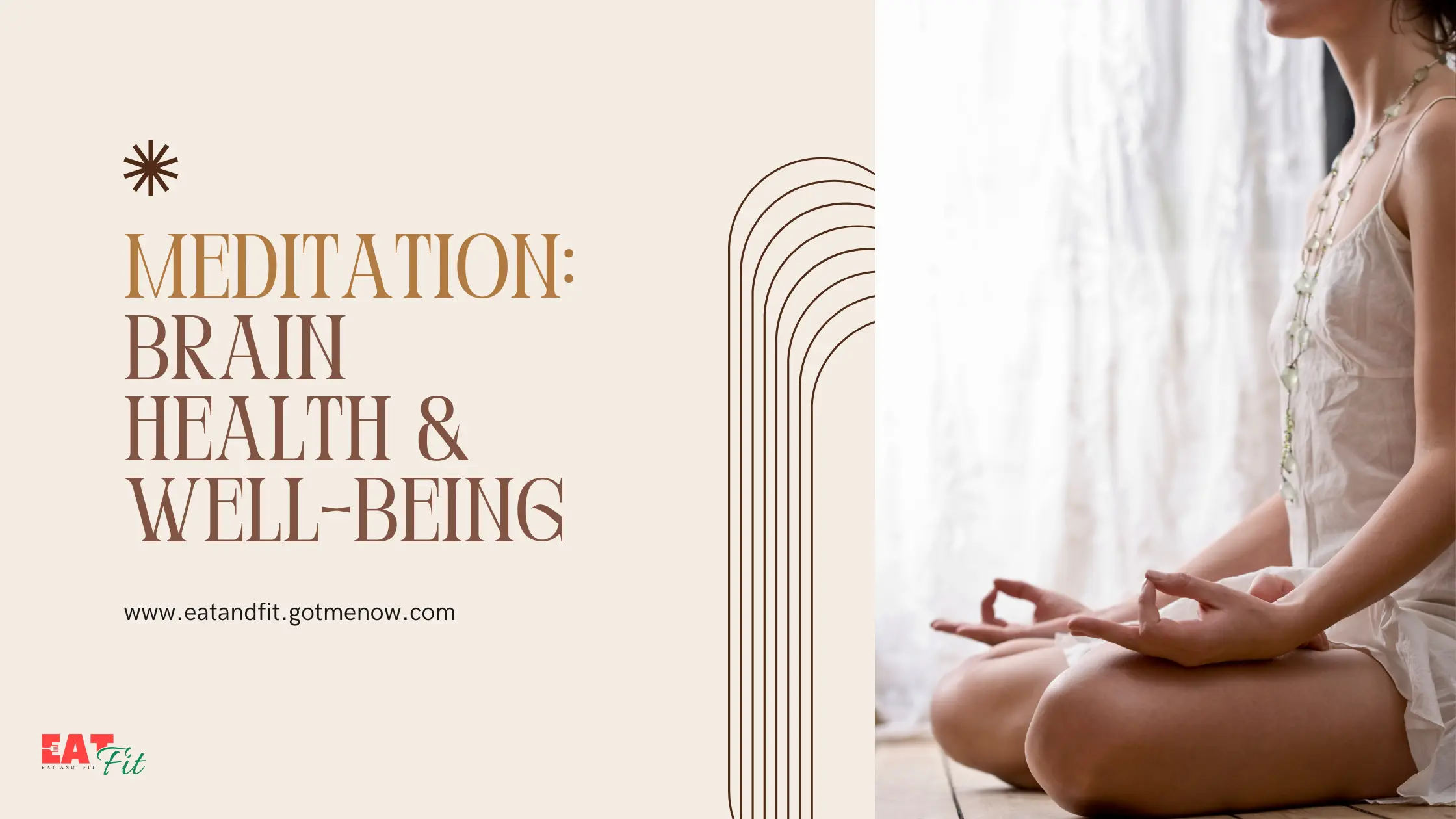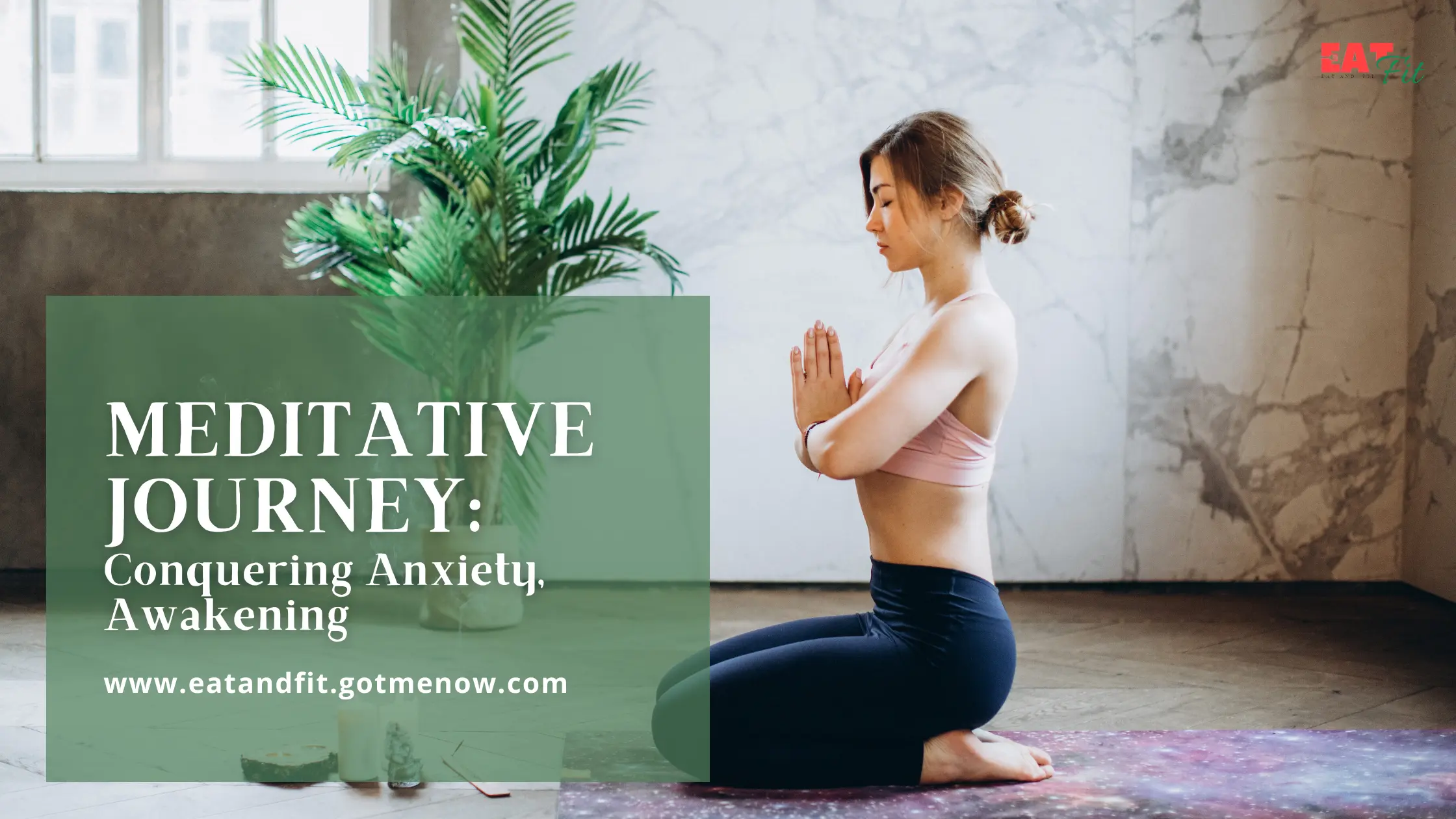Strategies for Dealing with Stress: Managing Work and Personal Life

Table of Contents
- Introduction
- Make Time for Hobbies and Self-Care
- Utilize Time Management Skills
- Incorporate Exercise into Your Routine
- Remove Unnecessary Sources of Stress
- Conclusion
- FAQ
Introduction
Stress is something that everyone experiences, both at work and in their personal lives. It is often caused by changes in the world around us that we cannot control. However, what we can control is how we cope with and react to stress. In this section, we will explore the definition of stress, how it affects our work and personal life, the importance of coping with and reacting to stress, and an overview of strategies for dealing with stress.
Definition of Stress
Stress can be defined as a physical, mental, or emotional strain or tension that comes from demanding circumstances. It is the body’s natural response to any change that requires an adjustment or response.
How Stress Affects Work and Personal Life
Stress can have a significant impact on both our work and personal life. When we are stressed, we may find it difficult to concentrate, make decisions, or be productive. It can also lead to physical symptoms such as headaches, stomachaches, or sleep disturbances. In our personal life, stress can strain relationships, affect our overall well-being, and lower our quality of life.
Importance of Coping with and Reacting to Stress
Coping with and reacting to stress is essential for our overall well-being. When we do not effectively manage stress, it can lead to burnout, increased health problems, and a decrease in our ability to function effectively. Taking the time to address stress allows us to better navigate challenging situations and maintain a healthier work-life balance.
Overview of Strategies for Dealing with Stress
There are various strategies that can help us deal with stress:
- Make time for hobbies and self-care: It is important to find some time in our schedule to relax or engage in activities we enjoy. This can provide us with a renewed sense of energy and well-being.
- Use time management skills: Listing out tasks and prioritizing them can make it easier to tackle them, potentially finding unnecessary tasks that can be eliminated or delegated to others.
- Exercise: Regular exercise has been shown to reduce anxiety levels and increase energy. Finding an activity we enjoy and incorporating it into our weekly routine can significantly help reduce stress.
- Remove unnecessary sources of stress: While we cannot control all the changes that happen to us, there may be certain stressors that we can eliminate. This can include limiting exposure to daily news, reducing time spent on social media, or being mindful of the number of new projects we take on.
Make Time for Hobbies and Self-Care
When we’re stressed, we have a tendency to neglect self-care and focus solely on the things that are causing us stress. However, it is crucial to find some time in our busy schedules to relax and engage in activities that bring us joy. By making time for hobbies and self-care, we can experience a renewed sense of energy and well-being.

There are several benefits to finding time for relaxation and enjoyable activities:
- Reduced stress levels: Engaging in activities we enjoy can help to reduce stress hormones in our bodies, leading to a calmer and more relaxed state of mind.
- Improved mental health: Taking time for ourselves allows us to recharge and escape from the demands of daily life. This can have a positive impact on our mental health and overall well-being.
- Increased productivity: When we prioritize self-care, we give ourselves the opportunity to rest and recharge. This can lead to increased focus, creativity, and productivity when we return to our tasks.
- Enhanced relationships: By making time for our own needs and desires, we can show up as our best selves in our relationships. This can strengthen connections and improve the quality of our interactions with others.
It is important to prioritize personal needs and make self-care a non-negotiable part of our routine. Here are some tips to help incorporate hobbies and self-care into your life:
- Schedule it: Treat self-care activities as important appointments in your calendar. Block off time specifically for hobbies and relaxation, and commit to sticking to it.
- Start small: If you’re feeling overwhelmed or short on time, start with small pockets of self-care. Even just 10 minutes of engaging in an enjoyable activity can make a difference.
- Try new things: Explore different hobbies and activities to find what truly brings you joy. Don’t be afraid to step outside of your comfort zone and try something new.
- Set boundaries: Protect your self-care time by setting boundaries with others. Communicate your needs and make it clear that this time is important for your well-being.
Remember, self-care is not a luxury, but a necessity. By making time for hobbies and self-care, we can recharge our batteries, reduce stress, and improve our overall quality of life.
Utilize Time Management Skills
Feeling overwhelmed by tasks and projects is a common cause of stress. When we have too much on our plate, it can be challenging to stay organized and productive. Procrastination and taking on too much work are often contributing factors to feeling overwhelmed.
To ease the workload and reduce stress, it is essential to list and prioritize tasks. By creating a clear plan and breaking down larger projects into smaller, manageable tasks, it becomes easier to tackle them one by one. This approach helps prevent tasks from piling up and becoming overwhelming.
Identifying unnecessary tasks is another effective time management strategy. Sometimes, we take on tasks that are not essential or could be delegated to others. By reassessing our workload and identifying tasks that can be eliminated or assigned to someone else, we can free up valuable time and energy.
Delegation is an important skill to develop. It allows us to distribute tasks among team members or seek help when needed. Delegating tasks not only reduces our workload but also empowers others and encourages collaboration.
In addition to listing, prioritizing, and delegating tasks, it is crucial to set realistic deadlines and manage our time effectively. Time management techniques such as creating a schedule, setting aside dedicated blocks of time for specific tasks, and avoiding multitasking can significantly improve productivity and reduce stress.
By utilizing time management skills, we can better manage our workload and reduce feelings of overwhelm. Prioritizing tasks, identifying unnecessary work, and delegating when possible are effective strategies for achieving a healthier work-life balance.
Incorporate Exercise into Your Routine
When it comes to managing stress, incorporating exercise into your routine can have significant benefits for both your physical and mental well-being. Let’s explore how exercise can help reduce anxiety and improve your energy levels.
Effect of stress on energy levels and anxiety
Stress can often leave us feeling depleted and drained of energy. It can also contribute to feelings of anxiety and restlessness. When we are stressed, our bodies release stress hormones that can make it difficult to relax and unwind.

Research on the benefits of exercise in reducing anxiety
Research has shown that regular exercise can help reduce anxiety levels and promote a sense of calm and relaxation. When we engage in physical activity, our bodies release endorphins, which are natural mood elevators. These endorphins can help counteract the negative effects of stress and improve our overall well-being.
Finding an enjoyable physical activity to fit into the schedule
Finding an enjoyable physical activity is key to incorporating exercise into your routine. The more you enjoy the activity, the more likely you are to stick with it. Whether it’s going for a walk, swimming, dancing, or playing a sport, choose an activity that brings you joy and fits into your schedule.
Recommended frequency of exercise for stress reduction
The recommended frequency of exercise for stress reduction is at least 150 minutes of moderate-intensity aerobic activity or 75 minutes of vigorous-intensity aerobic activity per week. This can be spread out over several days and can include activities such as brisk walking, cycling, or jogging.
It’s important to note that exercise doesn’t have to be intense or time-consuming to be beneficial. Even short bursts of physical activity, such as taking the stairs instead of the elevator or doing a quick workout at home, can help reduce stress and increase your energy levels.
By making exercise a regular part of your routine, you can experience the following benefits:
- Increased energy levels: Regular physical activity can boost your energy and help you feel more alert and focused throughout the day.
- Improved mood: Exercise stimulates the production of endorphins, which can enhance your mood and promote feelings of happiness and well-being.
- Better sleep: Engaging in regular exercise can improve the quality of your sleep, making you feel more rested and rejuvenated.
- Enhanced overall health: Exercise has numerous physical health benefits, including strengthening your immune system, reducing the risk of chronic diseases, and improving cardiovascular health.
Remember, finding the time to exercise doesn’t have to be a challenge. Look for opportunities throughout your day to incorporate physical activity, such as taking a walk during your lunch break or doing a workout video at home. The important thing is to prioritize your well-being and make exercise a non-negotiable part of your routine.
Remove Unnecessary Sources of Stress
When it comes to dealing with stress, it’s important to differentiate between uncontrollable and controllable stressors. While we may not be able to control all the changes that happen to us, there are certain stressors that we can eliminate or reduce. By identifying and removing unnecessary sources of stress, we can create a healthier and more balanced life.
Differentiating between uncontrollable and controllable stressors
Uncontrollable stressors are those that are beyond our control, such as global events or other people’s actions. While we may feel the effects of these stressors, it’s important to recognize that we cannot change or control them. On the other hand, controllable stressors are those that we have some influence over, such as our daily habits or the amount of work we take on.
Identifying stressors that can be eliminated or reduced
Take a moment to reflect on the stressors in your life and determine which ones can be eliminated or reduced. For example, if you find that consuming daily news increases your stress levels, consider limiting your news consumption to a specific time of day or reducing the amount of news you consume. Similarly, if spending too much time on social media contributes to your stress, try setting boundaries and reducing your usage.
Examples of limiting news consumption and social media usage
Limiting news consumption and social media usage can have a significant impact on reducing stress. Instead of constantly checking for updates or scrolling through your social media feeds, try setting aside specific times during the day to catch up on news or engage with social media. This way, you can stay informed without feeling overwhelmed or constantly connected.
Importance of setting boundaries and managing workload
Setting boundaries and effectively managing your workload is essential for reducing stress. Learn to prioritize your tasks and focus on what truly matters. Identify tasks that can be delegated or eliminated, and don’t hesitate to ask for help when needed. By setting realistic deadlines and managing your time effectively, you can prevent tasks from piling up and feeling overwhelmed.
Conclusion
Stress is an inevitable part of life, affecting both our work and personal lives. While we cannot control the changes that cause stress, we can control how we cope with and react to it. Stress management is crucial for our overall well-being and can significantly improve our quality of life.
By reiterating the inevitability of stress, we acknowledge that everyone experiences it. It is a normal response to demanding circumstances. However, by emphasizing the importance of stress management, we recognize that it is essential for our overall well-being. When we effectively manage stress, we can prevent burnout, reduce health problems, and increase our ability to function effectively.
Through stress management, we can improve our overall quality of life. By making time for hobbies and self-care, we can experience reduced stress levels, improved mental health, increased productivity, and enhanced relationships. By utilizing time management skills, we can better manage our workload and achieve a healthier work-life balance. By incorporating exercise into our routine, we can reduce anxiety, increase energy levels, and improve overall health.
It is important to apply the discussed strategies for dealing with stress. By removing unnecessary sources of stress, such as limiting news consumption and social media usage, setting boundaries, and managing our workload effectively, we can create a healthier and more balanced life.
In conclusion, stress is a part of life, but by actively managing it, we can improve our overall well-being and quality of life. I encourage you to apply the strategies discussed in this blog and prioritize stress management in your daily life. Remember, you have the power to cope with stress and create a better life for yourself.
FAQ
Is stress always negative?
No, not all stress is negative. Stress can actually be beneficial in some situations, such as in motivating us to complete tasks or meet deadlines. It becomes a problem when it becomes overwhelming and starts to impact our physical and mental well-being.

How does stress affect productivity?
Stress can negatively affect productivity in several ways. When we are stressed, we may find it difficult to concentrate, make decisions, or stay focused on our tasks. It can also lead to procrastination and a decrease in overall motivation, which can further impact productivity.
Are there any other relaxation techniques besides hobbies?
Yes, there are several relaxation techniques that can help manage stress. Some examples include deep breathing exercises, mindfulness meditation, taking a warm bath, listening to calming music, practicing yoga or tai chi, and spending time in nature. These techniques can all help promote relaxation and reduce stress levels.
What should I do if I can’t delegate tasks?
If you are unable to delegate tasks, it’s important to prioritize and manage your workload effectively. Break down larger projects into smaller, more manageable tasks, and focus on completing them one by one. Set realistic deadlines for yourself and avoid multitasking. It may also be helpful to seek support or resources from your supervisor or colleagues if needed.
How can I stay motivated to exercise regularly?
Staying motivated to exercise regularly can be challenging, but there are a few strategies that can help. Firstly, find an activity that you enjoy and that fits into your schedule. This will make it more likely that you will stick with it. Secondly, set specific goals for yourself and track your progress. This can help provide a sense of accomplishment and motivation. Lastly, consider finding an exercise buddy or joining a class or group to stay accountable and make exercising more enjoyable.









